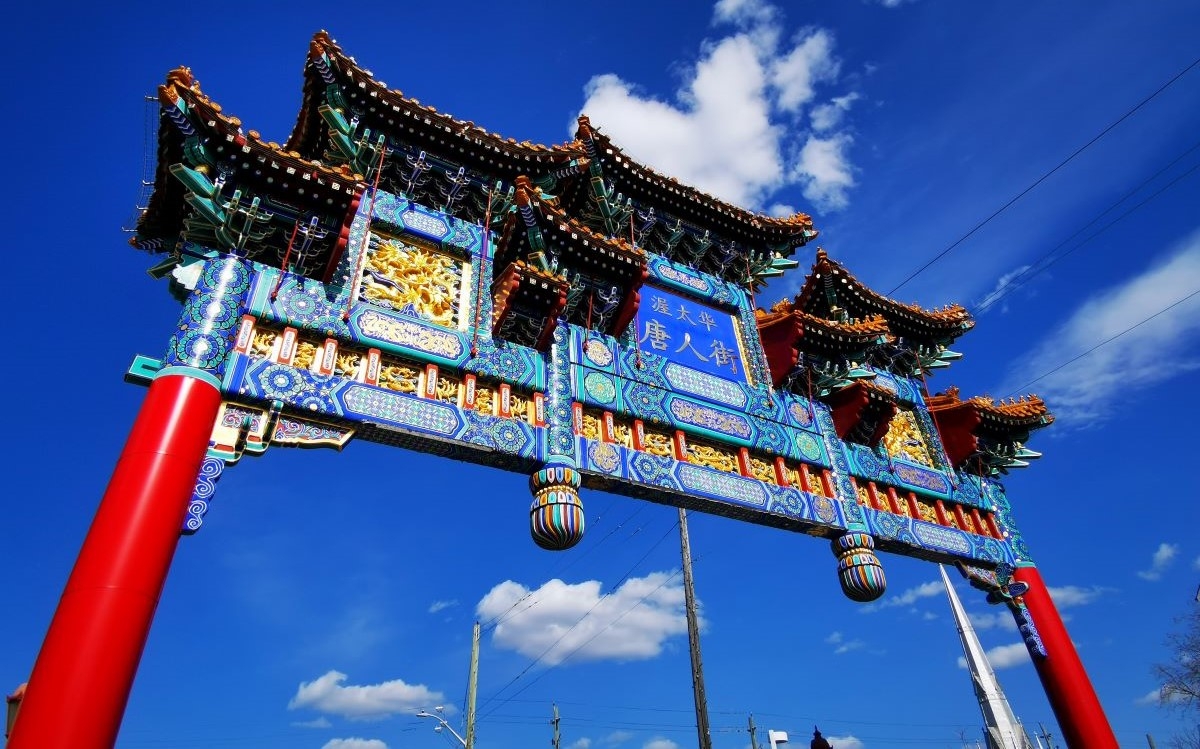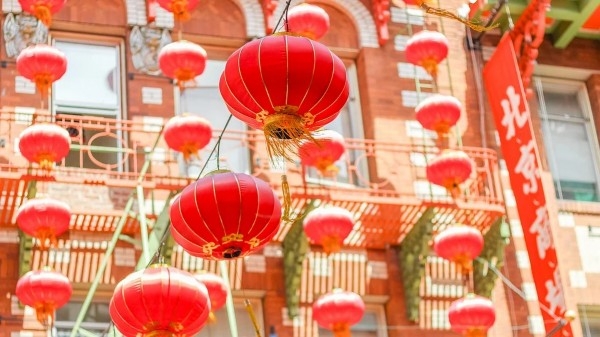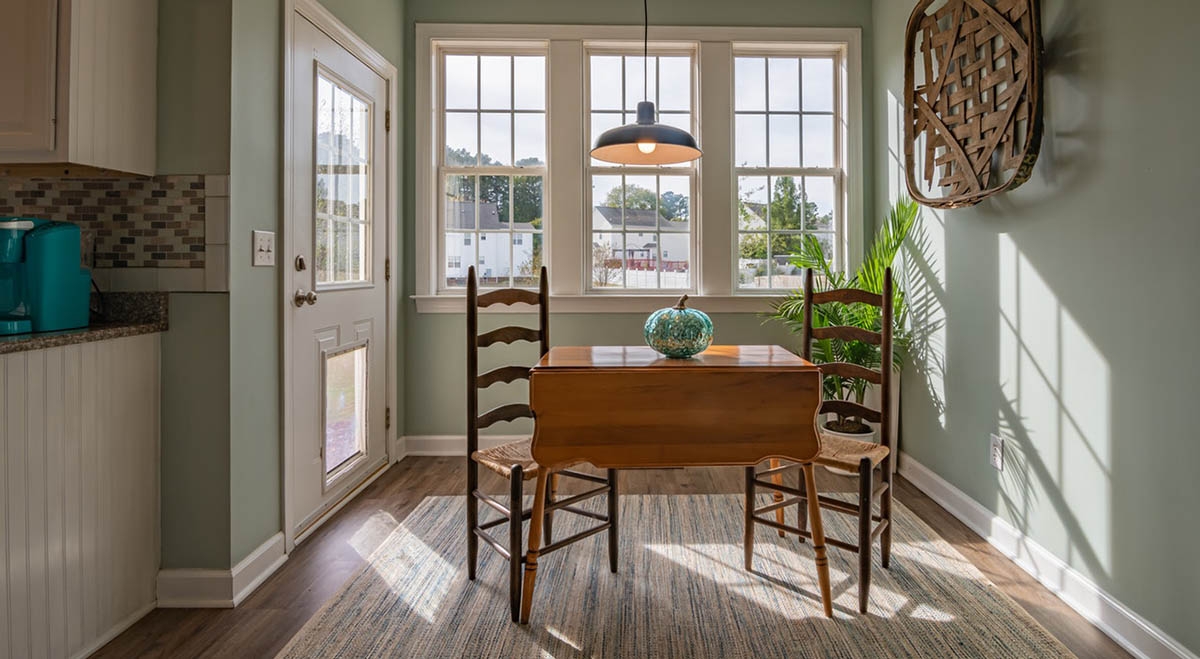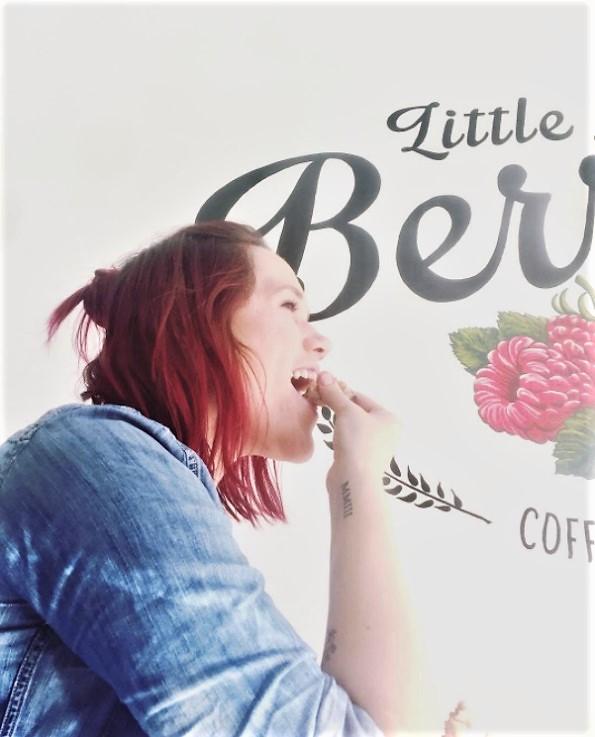
From sic bo to Chinatown: How Ottawa became a multicultural city
There are signs of Chinese migration to Canada all across Ottawa. We can all pick out our favourite Chinese restaurants, but the roots run much deeper than this. Take, for instance, sic bo. Also known as tai sai, sic bo originates from China but is now popular inside casinos across Ottawa. The game itself is fairly simple. Players are required to bet on the outcome of a dice roll.
At the start of the game, players can choose from 13 bets marked on a betting board. The options relate to how the dice will fall. For example, “Big” means the total score of three dice will be between 11 to 17 inclusive. Triples don’t count i.e. if the three values are the same, a bet on Big won’t win. As well as betting on three-dice totals, players can bet on specific combinations, the value of a single die or two dice. Each bet has specific odds, which determine how much a correct pick is worth.

Immigrants Bring New Ideas to Canada
Sic bo has been popular in Asia for centuries. Although its exact origins are unclear, though people estimate that it most likely dates back thousands of years. What we do know, however, is that it spread to North America in the early 20th century. As Chinese immigrants made their way to the US and Canada, they brought with them a wealth of customs and traditions. Sic bo was one, but it wasn’t the only thing. Take a stroll around Ottawa’s Chinatown and you’ll see all manner of Eastern delights. Indeed, it was at the same time immigrants were introducing North America to sic bo that Chinatown began to form.
The area off Somerset Street West was initially where Italian working-class immigrants settled. However, as Chinese business owners began setting up shop in the area, the demographics shifted. When Ottawa welcomed Vietnamese refugees in 1979, many found a home in what’s now known as Chinatown. The Asian influences in the area steadily began to increase. By the 90s, it was officially known as the Chinatown Business Improvement Area. In 2010, the Chinatown Gateway (the Royal Arch) was unveiled, and the area has been as much of a cultural hub as a business district ever since.
Restaurants are clearly the dominant force in Chinatown. Yangtze Dining Lounge is where you go for traditional Chinese cuisine, while Shanghai Restaurant (established in 1971) offers a mix of food and drag queen karaoke. For a better view of the area, you can take a ride on the Rideau Canal Cruise. As well as a waterside view of Chinatown, you’ll sail along the UNESCO World Heritage Site and see some of Ottawa’s top monuments.
In fact, you don’t have to stay in Chinatown to get a taste of Chinese culture. Thanks to the popularity of the area, certain customs have spilled out into Ottawa at large. Sic bo is one such custom. Just as it made its way from Asia to North America in the early 20th century, Chinatown locals have taken the game to other areas of the city.
Sic Bo is More than a Game
Today, you can play sic bo at Casino du Lac-Leamy and Rideau Carleton Casino. In fact, you can even play it online. Scroll through the lobby of Royal Panda’s Canadian online casino site and you’ll find Super Sic Bo. Based on the Asian classic but accessible to Canadians, this game is another example of how Chinese traditions opened up new forms of entertainment in Ottawa.

Many people say that the internet has made the world smaller than it once was. Because we can connect to more people and different cultures, it feels as though geographical borders no longer apply. However, when you look at the influence of Chinatown, you can see that these cultural divides were being eroded long before the internet. Through a combination of migration, games, and business, there’s been an element of China in Ottawa since the start of the 20th century. That’s something we should remember. Moreover, it’s something we should be proud of as it’s a great example of how Ottawa has evolved into a multicultural city.








